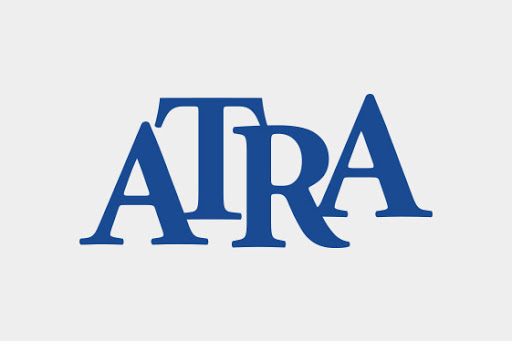
Transparency On the Back Burner for West Virginia AG Candidates
ATRA reports West Virginia attorney general candidates’ inaction on transparency code pledge.
Neither candidate vying for the office of attorney general in West Virginia has agreed to uphold good-government principles, the American Tort Reform Association reports.
Incumbent Attorney General Patrick Morrisey (R) has declined to sign ATRA’s Attorney General Transparency Code pledge, the 2020 State Attorney General Candidate Questionnaire, while Democratic candidate Sam Petsonk has yet to respond.
“While we are disappointed that the attorney general will not uphold common sense transparency standards, we urge AG Morrisey’s opponent Sam Petsonk to sign the pledge and demonstrate that, if elected as AG, he would be committed to transparent, accountable government,” ATRA President Tiger Joyce said.
ATRA developed the Transparency Code as a collection of model policies that should govern the use of outside counsel by state attorneys general. Attorneys general play a critical role in creating a fairer system for all as states’ head law enforcement officers.
Twenty-three states, including West Virginia, have passed laws that reflect principles of the Transparency Code. In 2016, West Virginia passed H.B. 4007, which prohibits the state from entering into a contingency-fee contract with a private attorney unless the AG or their designee makes a written determination that private representation is cost-effective and in the best interest of the public. It also requires the AG’s office to post any requests for proposal on their website and to hire outside counsel based on a competitive bidding process.
“We hope to build on these best practices by working with West Virginia’s next AG to ensure these important reforms continue to be upheld in 2021 and beyond,” Joyce said.
Increasing government transparency and reducing excessive litigation are critical aspects of enhancing a state’s economic development climate and growing job opportunities. ATRA is committed to continue its work with state and local leaders toward improving our civil justice system.
“In every instance, a state’s attorney general should seek to provide the highest quality services at the best value for hardworking taxpayers when considering whether to contract with outside counsel,” Joyce said. “Signing ATRA’s Transparency Code is critical to bringing greater transparency and accountability to the Office of Attorney General in West Virginia.”
Attorneys general need the discretion and independence to enforce state law, free from the influence of parties that may have a private interest in the outcome of any litigation their office may take on.
For more information about ATRA’s work in creating greater transparency among state attorneys general, please visit AGSunshine.com.
Want more updates on civil justice reform? Sign up for ATRA’s occasional email updates.
Latest News
View all news
‘Highly Unusual’ Rehearing of Louisiana Case Raises Judicial Independence Concerns
Louisiana Supreme Court Waffles Under Political Pressure, ATRA Brief Urges Court to Stand Strong
America’s Top 9 Worst Judicial Hellholes®
Left unchecked, these jurisdictions will continue dragging down economic growth and undermining justice through rampant lawsuit abuse.
ATRA Commends J&J’s Plan to Resolve Notorious Talc Lawsuits
Claimants Given Opportunity to Vote on Plan; Judge to Reconsider Scientific Validity of Plaintiffs’ Experts
The Lab Whose Junk Science Is Fueling a Frenzy of Litigation
Legitimate consumer protection demands sound science and impartial analysis — not distorted data designed to manufacture lawsuits.
Lawsuit Advertising Frenzy Fuels Georgia’s Litigation Epidemic
Law Firms Spent $168M+ on 2.2M Ads in Georgia
Trial Lawyers’ Dual Grip on Pennsylvania Politics and Public Opinion Revealed in New ATRA Reports
ATRA’s Latest Studies Reveal Financial Influence and Lack of Transparency in Pennsylvania’s Campaign Finance Systems



